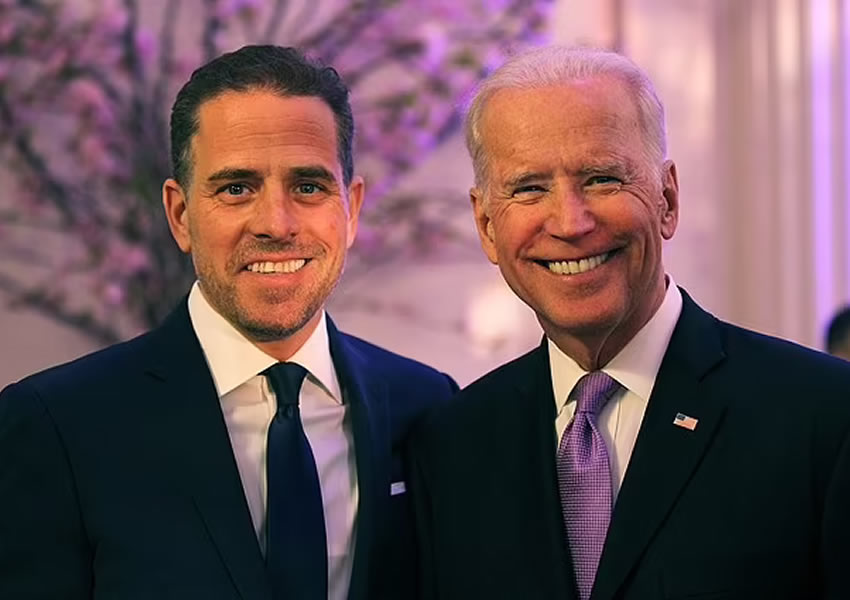What Esports Is?
“Electronic Sports” is for Esports. In other words, the world of competitive organized video gaming is described when somebody mentions Esports. It enables individuals across the globe to join together and play games in real-time. 496 million Esport enthusiasts attended in 2020.
By 2023, 646 million followers of sports are projected to be in place. Esports is immensely popular for everyone: professional players who focus on games, fans who enjoy their favorite teams and players, bettors when it comes to e sports betting, and investors in regards to high profits.
There are several reasons contributing to the increase of Esports popularity: (2) more awareness-raising platforms, (3) more people waking up to Esports and (4) investment in brands, (5) increase in competitions, and (6) COVID-19.
All the first six variables connect – more individuals are keen on exporting, which is a bigger focus and a good investment in companies, leading to increasing popularity. For instance, many people constantly look for profitable CS:GO betting sites and Twitch broadcasts.
Fortunately for Esports, COVID-19 accelerated the process for the Esports community. If domestic orders and other rules of COVID-19 are implemented across the world, people ought to do something. At the end of the day, Esports enabled people to connect and socialize through the screen.
During in-person competitions, such as Dota 2 upcoming matches, individuals watched other players play video games live through sources such as Twitch. Amazon bought Twitch in 2014.
Twitch is a live video site that provides almost everything you might like to see, from food, music, question-and-answer sessions to video games. There are about 15 million daily viewers with about 140 million users monthly, according to Twitch User Statistics.
Legal Regulations
The editor/developer of the game is often legally entitled. For example, the publisher or developer owns all contents, characters, and gameplays. Therefore, the usage of the game at public events may occur with ligaments and online broadcast networks. A license must be secured from the owner to accomplish this.
Other problems are child protection, age ratings, and consumer affairs that should be taken into consideration when establishing what laws, if any, regulate Esports.
Some aspects of law covering electronic sports include business difficulties, intellectual property, gambling, fusions and acquisitions, contracts for players, and advertising and goods. Esports may be so popular that their own area of law is needed.
Predictions On The Future Of Esports and Major Venues
The popularity of Esports will only continue to increase, as some patterns and current tendencies suggest. Further meetings in person are being conducted about a year after the start of the pandemic. There are now venues for Esports alone.
Esports Arena is the first specialized sports complex in North America. The firm has opened in thirteen other sites around the United States since it launched its first arena in Orange County, California.
It can hold large-scale events, tournaments, league events, broadcasting activities, launchings, as well as shopping and branding related to advertising.
Other highly ranked sports venues include Blizzard Arena in Burbank, California, and HyperX Esports Arena in Las Vegas, Nevada. These venues are between 15,000 and 100,000 square feet in size. Some arenas host big events, while others enable the public to pay for “playing time” in the arena.
OverActive Media has just revealed its ambitions in Toronto, Canada to construct a $500million arena for Esports and entertainment. It has 7,000 seats and is expected to finish its construction in 2025.
It will feature more than 200 concerts each year featuring music and entertainment, in addition to being the home to OverActive Media’s Call of Duty League and Overwatch League franchises, Toronto Ultra and Toronto Defiant.
To Wrap Up
Esports undeniably did well, is doing well, and is predicted to do even better in the upcoming future. Big numbers that display enormous investments and earnings, major venues that host the biggest tournaments, and constantly expanding markets of the industry demonstrate this popularity.
Everyone in the Esports community – players, fans, bettors, investors, developers, and others – is definitely looking forward to what Esports is yet to bring to the table.





